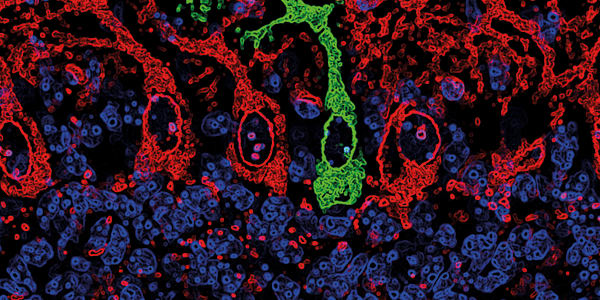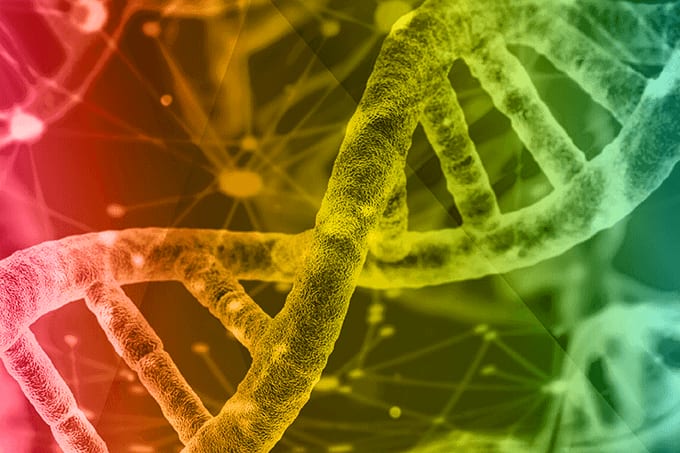
Autism spectrum disorder (ASD) is currently diagnosed based on behavioral assessment, but such assessments can be difficult to administer to younger children. The average child is diagnosed with ASD at four or five years old – but identifying children with ASD when they are toddlers may lead to more effective intervention and treatment. Many studies using blood-based biomarkers have been difficult to replicate. How can we overcome this challenge? Machine learning might just be the answer.
A proteomic analysis of serum from boys with and without ASD – aged 18 months to eight years – has used machine learning to incorporate demographic and clinical data into the analysis, aiming to improve predictive power (1). Using three different algorithms to examine over 1,100 proteins, researchers identified a panel of nine proteins that not only differentiated boys with ASD from those without, but also correlated with ASD severity.
A blood-based panel of proteins could provide a simple method for early identification of ASD. Though it’s still early days for machine learning in ASD diagnosis, the future looks promising. Integrating the technology into clinical datasets could help identify toddlers at risk, confirm diagnosis, or guide individualized treatment plans. “Ideally, there will be a day when a child is identified using blood biomarkers as being at risk for developing ASD and therapies can be started immediately,” said Dwight German, senior author on the study (2). “That would help the child develop skills to optimize their communication and learning.”

References
- L Hewitson et al., PLoS One, 16, e0246581 (2021). PMID: 33626076.
- UT Southwestern (2021). Available at: http://bit.ly/3tlStO1.




